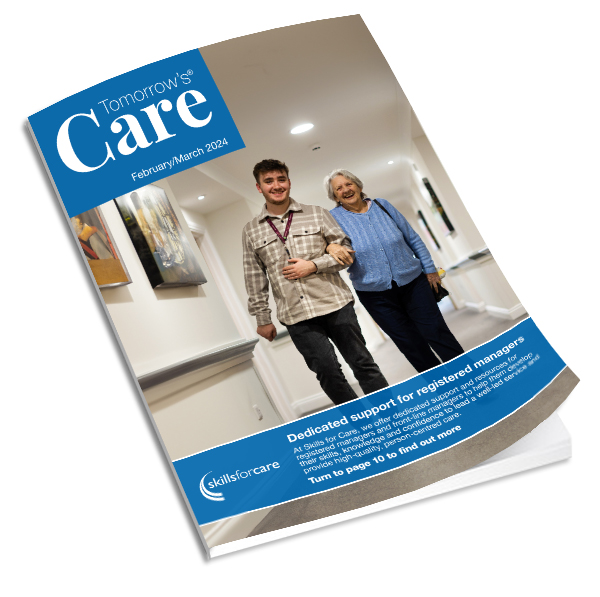- Home
- >
- ONS census home residents
Care home numbers almost unchanged despite ageing population

Official figures show that the number of care homes residents aged 65 and over remained virtually stable over a decade, despite an unprecedented expansion of the elderly population.
A study of census figures in England and Wales by the Office for National Statistics shows that between 2001 and 2011, the number of people living in care homes grew by 0.3%.
During the same period, the percentage of the population aged 65 and over was the highest seen in any census at 16.4% or one in six people.
London saw the largest percentage change in care home residents aged 65 and over with a 9.4% increase between 2001 and 2011. The largest percentage decrease in care home residents was -8.2% in the South West, which is also the region that saw the greatest increase in unpaid carers stepping in to look after older people. London saw the greatest decline in the number of unpaid carers over this time.
The study also highlighted that the gender gap among care home residents is narrowing. For the first time in 2011, one local authority – Kensington and Chelsea in West London – had a greater proportion of men (3.7%) than women (2.2%) residing in care homes. The ONS attributes this to the presence of The Royal Hospital in the borough, which provides care for retired members of the armed forces.
In an interview with The Telegraph , Caroline Abrahams, Director of Age UK, said: “Care homes increasingly provide support for only the most frail older people with complex care needs which is, at least in theory, the result of a welcome trend toward helping people remain independent in their own homes for as long as possible.
“However the reality is often very different with older people and their families struggling to cope with frankly inadequate support or no support at all.
“Since 2010 spending on social care has fallen dramatically as local authorities have struggled to balance the budget leaving older people to pay the price of our crumbling social care system.”
- CQC ratings
- Care home news
- Care jobs
- Care planning
- Care sector awards
- Care sector events
- Care sector news
- Care staff
- Charity
- Cleaning & Hygiene
- Construction
- Dementia
- Disability
- Entertainment
- Finance
- Fitness
- Food & Drink
- Fundraising
- Furniture
- Health & Safety
- Healthcare
- Hospice & Palliative Care
- Hospitals
- Industry Comment
- Interiors
- Laundry
- Legal
- Leisure
- Medication
- Mental Health
- Mobility
- New appointments
- PPE
- Products
- Property
- Recruitment
- Relationships
- Research
- Safeguarding
- Security
- Services
- Social care
- Sustainability
- Technology
- Training
- Transport
- Uniforms
- Waste
- Wearables

















